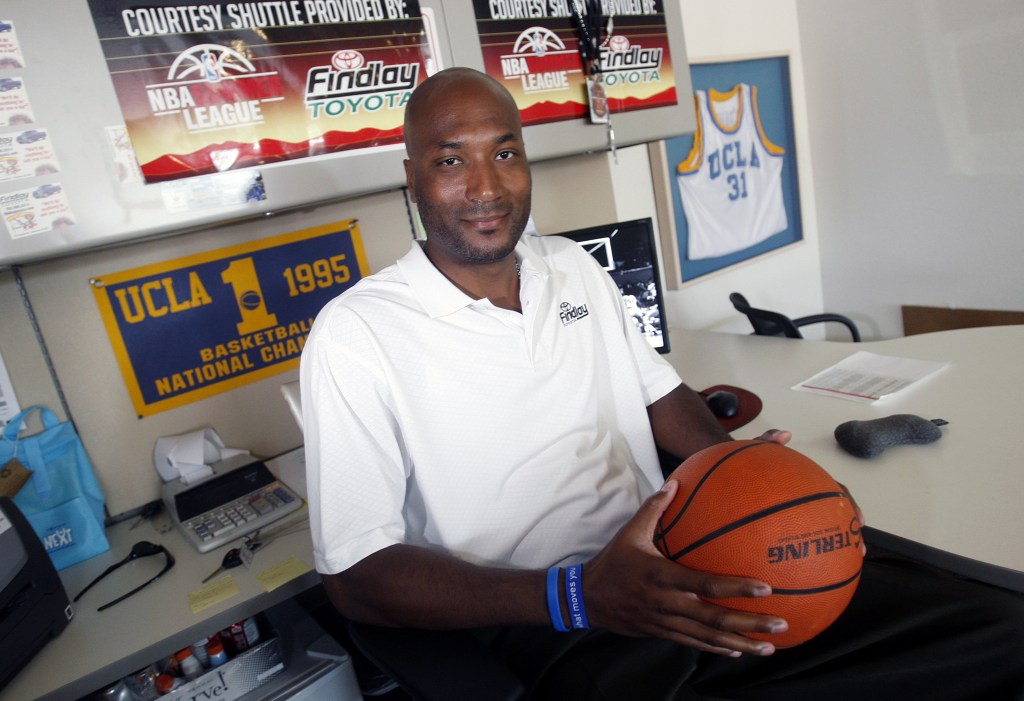OAKLAND, Calif. — A federal judge dealt a major blow Friday to the NCAA and its long-held value of amateurism, ruling in an antitrust case that the association’s policies banning athletes from profiting from their own names, images and likenesses “unreasonably restrain trade.”
U.S. District Judge Claudia Wilken issued her ruling five weeks after a bench trial in the case brought by former UCLA basketball star Ed O’Bannon on behalf of Division I men’s basketball and football players.
The NCAA had argued that the “procompetitive benefits” of prohibiting athletes from sharing in the multibillion-dollar collegiate sports industry justified the long-held policies, but Wilken disagreed.
“After considering all of the testimony, documentary evidence, and arguments of counsel presented during and after trial, the Court finds that the challenged NCAA rules unreasonably restrain trade in the market for certain educational and athletic opportunities offered by NCAA Division I schools,” Wilken wrote in the 99-page ruling.
“The procompetitive justifications that the NCAA offers do not justify this restraint and could be achieved through less-restrictive means. The Court .. will enter as a remedy a permanent injunction prohibiting certain overly restrictive restraints.”
Plaintiffs, who filed the case a little more than five years ago, alleged the NCAA violates antitrust law by colluding with its member colleges and conferences in a scheme that amounts to price-fixing and refusal to deal.
The NCAA counters that it is a collaborative joint venture that has made rules in the interest of collegiate sports, thereby maintaining core values key to its fan base of amateurism and an integrated experience of academics and athletics.
Send questions/comments to the editors.



Success. Please wait for the page to reload. If the page does not reload within 5 seconds, please refresh the page.
Enter your email and password to access comments.
Hi, to comment on stories you must . This profile is in addition to your subscription and website login.
Already have a commenting profile? .
Invalid username/password.
Please check your email to confirm and complete your registration.
Only subscribers are eligible to post comments. Please subscribe or login first for digital access. Here’s why.
Use the form below to reset your password. When you've submitted your account email, we will send an email with a reset code.